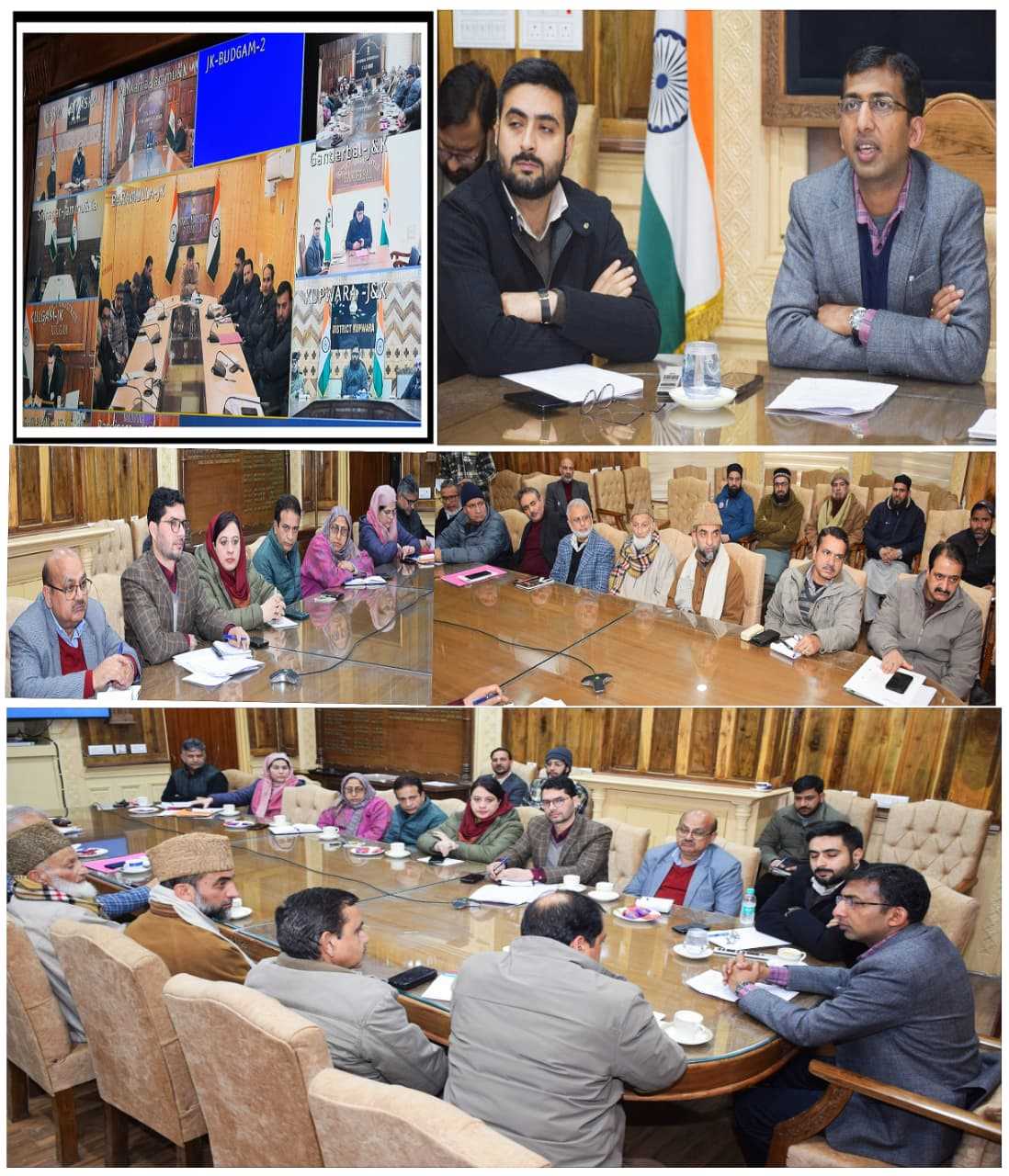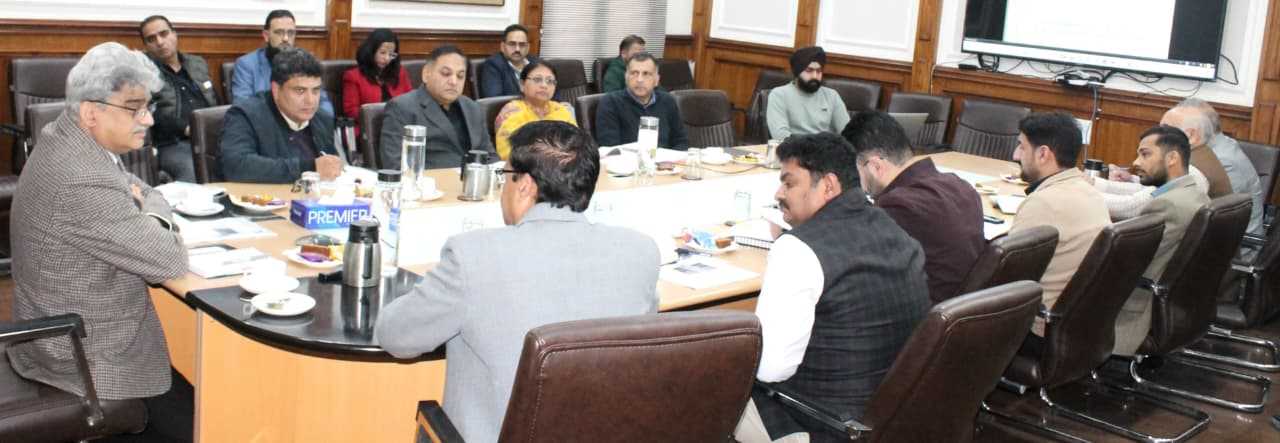In today’s fast-paced and digitally driven world, mobile phones have become an inseparable part of our lives. From the moment we wake up until we retire for the night, our eyes remain glued to our screens - checking messages, scrolling through social media, attending virtual meetings, watching videos, or simply seeking distractions. This technological revolution, which once promised to bring us closer, now seems to have quietly taken a toll on our most fundamental human connections. We live in an era where social interactions have been reduced to blue ticks, emoji reactions, and forwarded messages. The once cherished tradition of visiting friends relatives and family, spending time face to face, and nurturing relationships through physical presence has gradually faded. Festivals are now celebrated with WhatsApp forwards rather than family get-togethers. Birthdays are acknowledged with Facebook reminders and a two-line message instead of a warm hug and a personal conversation. Our sense of community and togetherness is withering under the overwhelming weight of virtual communication.
This addiction to mobile phones is not only reshaping our relationships but is also influencing our day-to-day behavior in ways that are both alarming and tragic. It is no longer unusual to see individuals engrossed in their phones during meals — be it lunch, dinner, or even tea-time. The dinner table, once a place of conversations and bonding, has become eerily silent, with everyone preoccupied with their devices. Couples, siblings, and even parents and children sit next to each other, but the emotional distance between them has never been greater. Walk into any park, and you will notice a disturbing pattern. Instead of enjoying nature or engaging in meaningful interactions with companions, people are often seen talking on the phone or chatting on messaging apps. Walkers stroll around mindlessly, their heads buried in screens, ignoring the world around them. The very purpose of stepping out- to relax, breathe fresh air, and interact with others - seems defeated.
Mobile addiction has even infiltrated potentially dangerous spaces. Driving while talking or texting on the phone is now alarmingly common. Many drivers juggle the steering wheel with one hand and a mobile phone with the other, putting not just their own lives at risk but also endangering others on the road. Despite legal penalties and awareness campaigns, this careless behavior continues to cause accidents and fatalities, making our roads increasingly unsafe. One of the most heart-wrenching consequences of this mobile-centric lifestyle is the neglect of the elderly. In many households, aged parents and grandparents sit silently, longing for a conversation or a few minutes of attention. Their children, however, are often too engrossed in mobile screens to notice. Emotional needs are overlooked, affectionate bonds are weakened, and the wisdom of the elderly is drowned out by the noise of virtual media. The sense of isolation and loneliness that the elderly experience in such homes is profound, often leading to depression and a decline in overall well-being.
This obsessive dependence on mobile phones has even started to redefine priorities. People cancel meetings with loved ones but never miss a notification. They skip family functions but religiously post stories on social media. It seems the screen has become the new window to the world — a world that often appears perfect, filtered, and artificial, but lacks the warmth and authenticity of real human interaction. Social relationships, once built on empathy, time, and shared experiences, are now being replaced by superficial exchanges. The quality of our relationships is deteriorating, and though we are more "connected" than ever before, we are ironically becoming more isolated. Digital connections are no substitute for real ones. A virtual ‘like’ can never match the impact of a sincere compliment spoken in person. Nor can a forwarded message replicate the comfort of sitting beside someone in their time of need.
The problem is not with the technology itself — mobile phones are powerful tools that have transformed communication, education, and access to information. But when the use of technology becomes compulsive and begins to interfere with real-life responsibilities and relationships, it crosses the line from utility to addiction. The real challenge lies in finding a balance between digital connectivity and real-world engagement. Breaking free from mobile addiction does not require radical change but conscious effort. Families can start by declaring tech-free zones or times, especially during meals. Setting aside a few hours each day to disconnect from phones and reconnect with people can make a significant difference. Walking in the park can be a time for reflection or interaction, not for texting. Driving should be strictly phone-free — safety must always come first.
Children, too, must be guided about responsible mobile usage from an early age. Parents must lead by example. If children see their elders prioritizing screens over relationships, they are likely to emulate the same behavior. Schools and colleges can introduce digital detox workshops to create awareness about the psychological and social effects of mobile overuse. Furthermore, society must start valuing real interactions again. We must bring back the culture of neighborhood visits, spontaneous meetups, and handwritten notes. Festivals and celebrations should once again become occasions for togetherness rather than group selfies and online greetings. Let us make the effort to visit our friends and relatives instead of simply forwarding messages. Let us listen to our elders, spend time with our children, and rediscover the joy of personal conversations.
As we move ahead in this technologically advanced age, it is important to remember that machines should serve humanity — not replace it. The warmth of human relationships, the comfort of a friendly voice, and the presence of a loved one can never be replicated by a digital device. We must reclaim our lives from the clutches of mobile addiction before we lose touch with the very essence of what makes us human — our ability to love, connect, and care. The time has come for a collective introspection. Let us not allow screens to become walls between us and our loved ones. Let us look up, reach out, and rebuild the bridges of empathy and connection that once held our society together. Because in the end, no number of messages or likes can replace the joy of a heartfelt conversation, the laughter of a shared moment, or the comfort of a caring touch.
Email:-------------------------vivekkoul87@gmail.com










